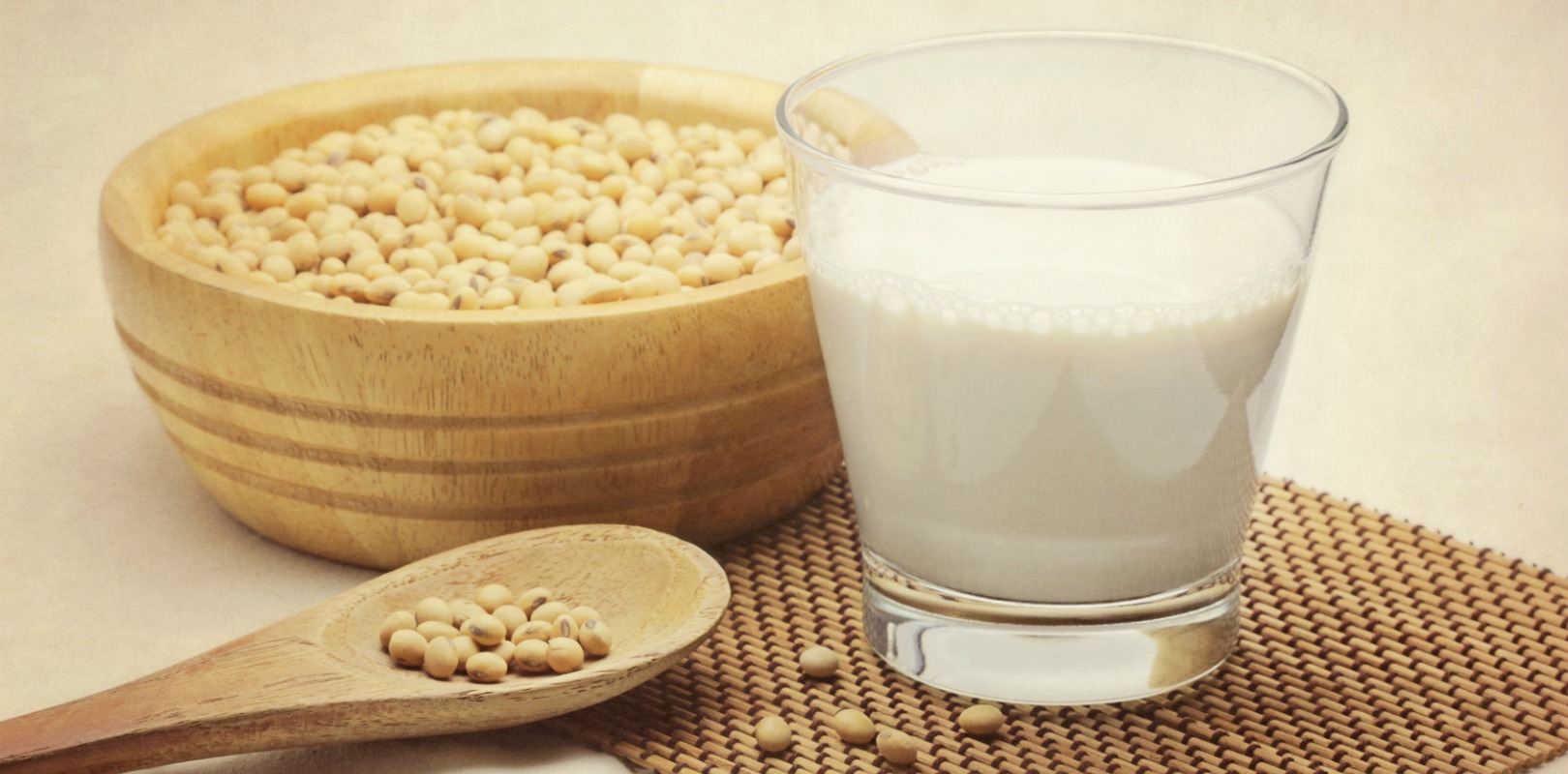Non-cow’s milk is becoming increasingly popular because of perceived health benefits, milk allergies and/or lactose intolerance. The study involved 3,821 healthy children aged one to six. Researchers looked at differences in blood levels of vitamin D associated with drinking cow’s milk and non-cow’s milk. The children were recruited from seven Toronto pediatric or family medicine practices that are part of a research network called TARGet Kids!
Eighty-seven per cent of children involved in the study drank predominantly cow’s milk and thirteen per cent drank non-cow’s milk. “Children drinking only non-cow’s milk were more than twice as likely to be vitamin D deficient as children drinking only cow’s milk” said Dr. Jonathon Maguire, a pediatrician and researcher with St. Michael’s Hospital. “Among children who drank non-cow’s milk, every additional cup of non-cow’s milk was associated with a five per cent drop in vitamin D levels per month.” These findings may be helpful to health care providers working with children who regularly consume non-cow’s milk due to a cow’s milk allergy, lactose intolerance or dietary preference”, said Dr. Maguire.



